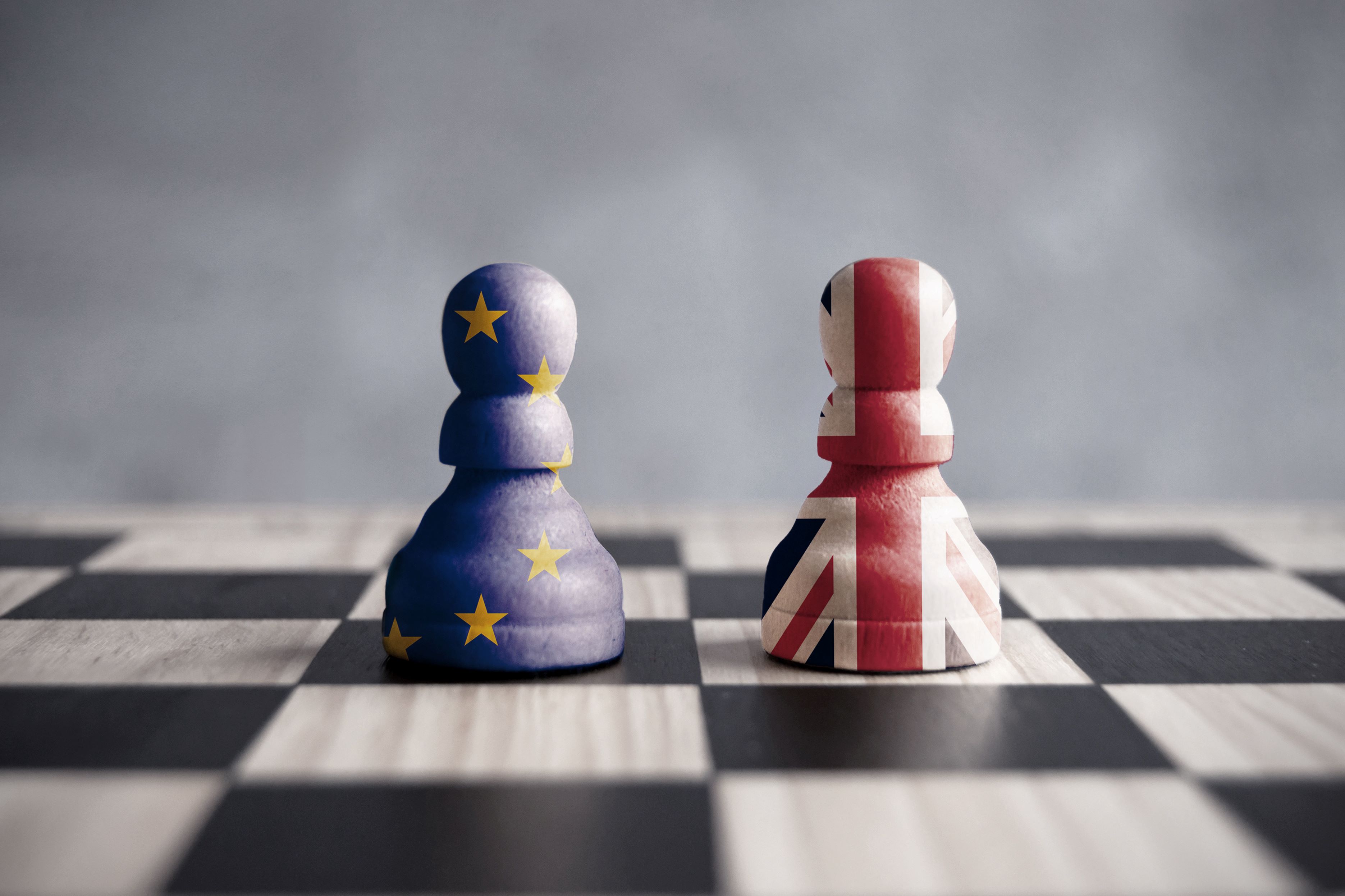
Mayor of London, Sadiq Khan, has called on the government to rebuild the UK’s ties with the EU and for an end to the “vow of silence” on the ongoing impacts of Brexit on London’s economy.
In a speech last night (11 January) at Mansion House, the Labour mayor urged the government to take the “mature” approach to rebuilding the UK-EU trading relationship, saying that the London economy was still struggling with the impact of Brexit.
Khan said:
“The hard-line version of Brexit we’ve ended up with is dragging our economy down and pushing up the cost of living.”
“The cost-of-Brexit crisis can only be solved if we take a mature approach and if we are open to improving our trading arrangements with our European neighbours.”
Research
London’s City Hall commissioned research by Cambridge Econometrics suggesting that the UK’s national economy is 6% smaller than it would have been if the UK remained in the EU.
According to the research, if the UK hadn’t left the EU, its overall economic output would be £140bn higher.
Cambridge developed two scenarios, one with the UK still in the EU and one where it has left and compared the difference between the two.
Shyamoli Patel, principal economist at Cambridge Econometrics, said: “Our study reveals that London's economy would have grown faster if Brexit hadn't taken place. Looking ahead, we project that Brexit will continue to have an impact on the UK and London economies in the medium term.”
However, Robert Colville, director at the Centre for Policy Studies, criticised the methodology of the report, calling some of the claims “implausible”.
Post-Brexit trade
A tracker released by the UK in a Changing Europe found that growth of the UK’s goods exports continued to fall, in contrast to the accelerating rate of the UK’s service growth.
The rate of growth of UK’s goods exports fell by -2.2%, when compared to before the EU-UK Trade and Cooperation Agreement was agreed to in Q3 2019.
By comparison, services exports have seen higher growth than before Brexit, growing by 1.25%.
Despite finding that the total share of EU trade has reached a higher level than that before the referendum, the UKCE said that this could represent a peak, with the new border regime due to come into effect over the coming months.
“The growing share of EU trade is further evidence that forming new partnerships and signing new free trade agreements with geographically distant partners will not quickly supplant relationships with closer partners,” the report said, noting that trade deals such as the Comprehensive and Progressive Agreement for Trans-Pacific Partnership (CPTPP) are unlikely to shift the UK’s trade relationship away from the EU too much.
The latest trade data from the Office for National Statistics found that the value of goods imports decreased by £1.6bn (3.3%) in November 2023, with falls in imports from both EU and non-EU countries.



